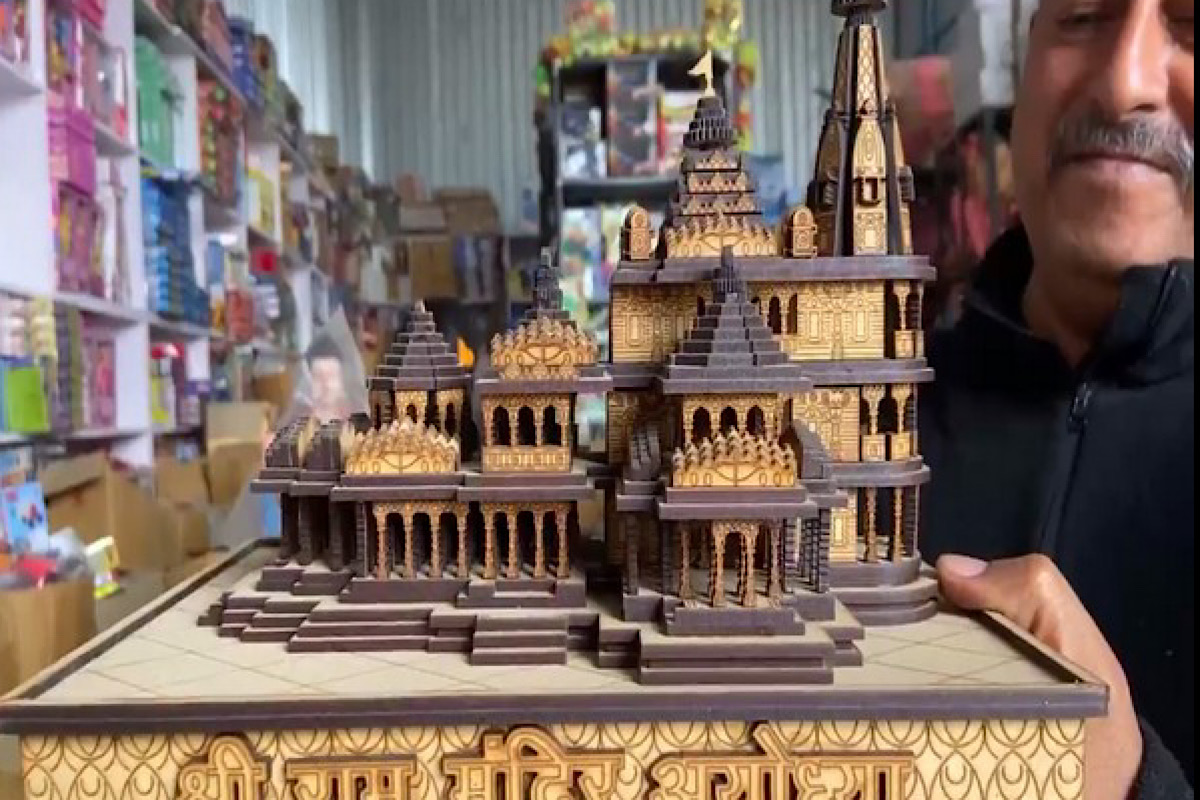The grand Ram Temple in Ayodhya is set to open to the public on January 22. This temple was constructed after the demolition of the Babri Masjid in 1992, fulfilling the BJP’s “Mandir wohi Banayenge” pledge. The site is believed to be the birthplace of Lord Ram and holds significant spiritual value for Hindus. Prime Minister Narendra Modi will consecrate Ram Lalla’s idol.
The government has invited around 6,000 dignitaries from around the nation for the event. The inauguration of the Ram Temple holds great importance in the BJP’s campaign for the 2024 elections. The Modi government has fulfilled two of its promises. They have constructed the Ram Temple and revoked Article 370, which granted special status to Jammu and Kashmir.
Advertisement
Implementing a uniform civil code is the third core issue that needs to be addressed. The Ram Janmabhoomi movement laid the foundation for the current dominance of the BJP. The campaign was led by BJP leaders Lal Krishna Advani in 1989 and Dr Murli Manohar Joshi in 1992, and made today’s temple possible.
Advani has openly admitted that the movement aimed to gain the support of Hindus for political purposes. The Vishva Hindu Parishad, a front organization of the Sangh, played a leading role in the Ayodhya agitation. The Sangh considers constructing the Ram temple a crucial step towards establishing Hindu Rashtra. The Supreme Court, in 2019, in its verdict, said that the disputed Babri Masjid site belonged to Hindu groups. In just four years, Prime Minister Narendra Modi’s team completed the construction of a temple at the site. The Uttar Pradesh Sunni Central Waqf Board was offered five acres of land in Dhannipur village, Ayodhya, where they could build a mosque.
In 1992, Ayodhya gained international attention when a mob of Hindus demolished the Babri mosque located in the disputed site. The incident led to widespread riots across the country, resulting in many deaths. The BJP claimed that the mosque was built on the ruins of an ancient Hindu temple











